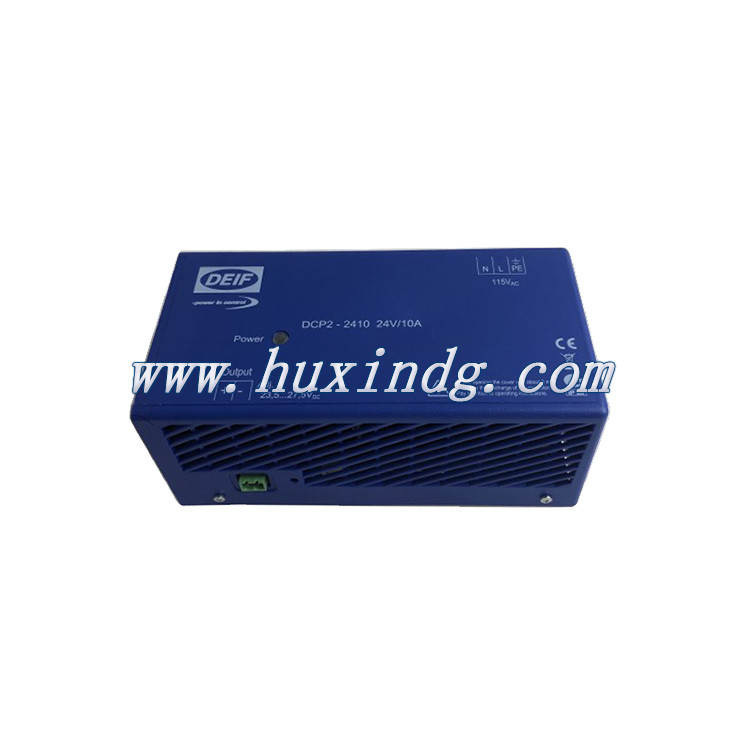
Common Faults and Causes of generators
I. Startup failure
Cannot start
Reason
Fuel system: No fuel in the fuel tank/deteriorated fuel quality, clogged fuel lines, faulty fuel injectors (for diesel engines) or carburetor problems (for gasoline engines).
Circuit issues: Insufficient battery power, corrosion of terminal posts, burnout of starting relay/fuse.
Mechanical jamming: Engine cylinder pulling, crankshaft bearing seizing (mostly due to lack of engine oil).
Difficult to start (multiple attempts required)
Reason
Insufficient compression: Valve leakage, piston ring wear (especially obvious when the compression ratio of the diesel engine is insufficient).
Preheating failure: The preheating plug of the diesel engine is damaged (during cold start).
Ii. Abnormal operation
The output voltage is unstable
Reason
Voltage regulator (AVR) failure.
Short circuit of the excitation winding or poor contact of the carbon brushes (for brushed generators).
Speed fluctuation: Poor fuel supply, malfunction of the governor (mechanical/electronic).
Sudden shutdown
Reason
The fuel has run out or the filter is severely clogged.
Overload protection is triggered (overload or short circuit).
High-temperature protection: Shutdown due to overheating caused by a cooling system failure.

Iii. Mechanical Issues
Abnormal noise
Metallic knocking sound: Wear of the piston pin/connecting rod bearing (regular "tap-tap" sound).
Sharp friction sounds: Bearing damage (such as water pump bearings, main shaft bearings).
Periodic vibration: Rotor dynamic balance failure, loose base bolts.
Abnormal oil pressure
Low-pressure alarm: Insufficient engine oil, oil pump failure, sensor failure.
Abnormal high pressure: Oil circuit blockage (commonly seen when the oil viscosity is too high during cold start).
Iv. Electrical System Faults
No voltage output
Reason
Excitation loss: AVR damage, open circuit of the excitation winding.
Rotor demagnetization (long-term idle permanent magnet generator).
Voltage/frequency fluctuation
Reason
The engine speed is unstable (governor failure, fuel system problem).
Sudden load changes (such as the start and stop of high-power equipment).
V. Overheating and Leakage
The body is overheated.
Reason
Poor heat dissipation: fan damage, clogged heat sink (for air cooling), water leakage in the water cooling system or water pump failure.
Overload operation: Working for a long time beyond the rated power.
Oil leakage/water leakage
Common leakage points
The oil pan gasket is aged (leaking engine oil).
The gasket of the cylinder head is damaged (oil and water leakage from the water-cooled machine mixture).
Vi. Other malfunctions
Abnormal smoke
Black smoke: Incomplete combustion (clogged air filter, poor atomization of fuel injectors).
Blue smoke: Oil burning (piston ring wear, valve guide seal failure).
White smoke: Water in the fuel (diesel engine), damaged cylinder gasket (coolant entering the combustion chamber).
The control panel is malfunctioning.
Reason
Key/display screen failure (moisture or aging components).
The power supply of the control module (ECU) is abnormal.
Quick troubleshooting suggestions
Start with the easy items and move on to the difficult ones: Check the fuel, battery, fuse and other easy-to-handle items.
Combining listening and observing: The location of abnormal sounds, the color of smoke, and the traces of leakage can narrow down the range of faults.
Instrument assistance: Use a multimeter to measure voltage/resistance and a pressure gauge to measure oil/fuel pressure.



